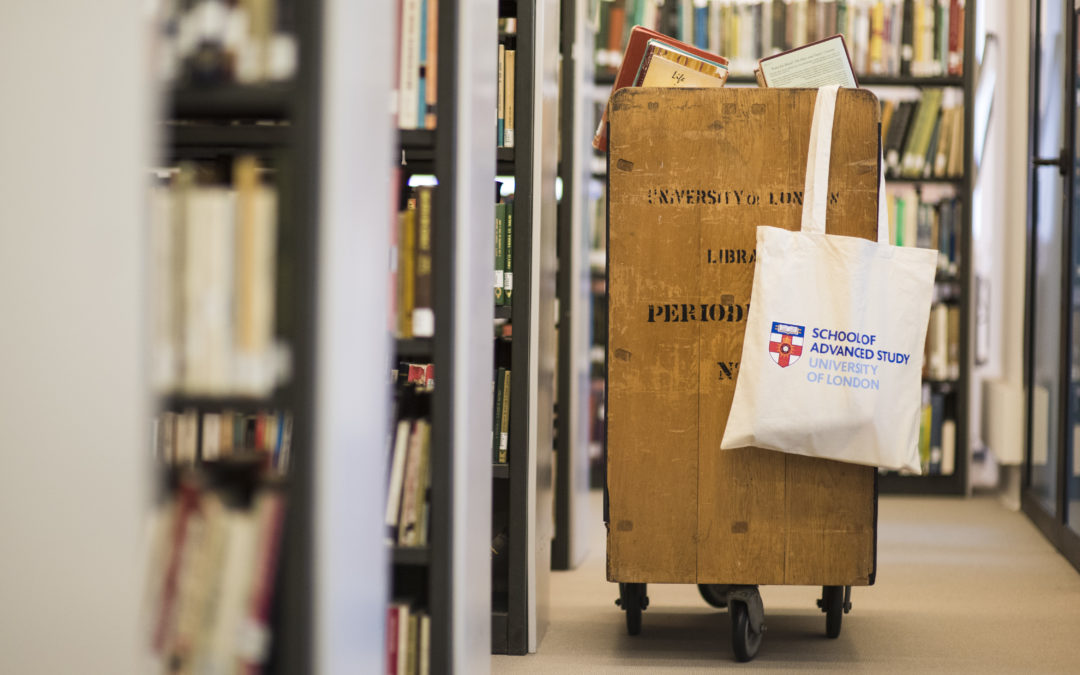Looking back on the last four years of research leading up to the submission of my PhD thesis in June and the viva in September, the question that kept recurring was – why am I doing this? PhDs are hard work, and the going gets tough along the way as various seemingly insoluble obstacles appear from nowhere to slow down or even halt progress. I suppose my one piece of advice for those considering embarking upon a PhD is – know why you’re undertaking such an ordeal, right from the start, that way you won’t have to continually make up different answers to the same nagging and annoying question.
For most, a PhD is either a stepping stone to a chosen career, or a way of answering a burning question that no-one has previously thought of, or never had the means to answer. I was in the latter category. Surprisingly, no-one had written a comparative history of reader reception of Shakespeare in quarto and folio formats. So, if I wanted to know the difference between how early modern readers perceived the Bard in small single play editions, or in a large bulky tome comprising more or less the whole canon of thirty-six plays, I was going to have to get on and find out myself. The research-it-yourself to answer your own question option is made possible if one has the right supervisor – someone who perhaps wishes they had thought of asking the question themselves, and who has the experience to know how to point you in the right direction, or at least to stop you going in the wrong one. I was extremely fortunate to have such a figure, and without his guiding hand goodness knows how long it would have taken me to arrive at an acceptable answer to my self-generated question. It’s not always easy to find such a paragon, but it’s often the case that if one consults experts in the field, they will, almost unanimously, point to the best person.
In addition to an experienced supervisor one needs continually to discover something in the research that motivates and inspires – not an easy thing to find. My research involved two years sitting in front of a microfilm machine in the British Library hunting through thousands of early auction and booksellers’ catalogues for instances of the sale of Shakespeare quartos and folios – a process that was both extremely tedious and prone to induce bouts of nausea (continually scanning images of text moving right to left has an affect close to sea sickness). It was only the joy in discovering previously unidentified early modern owners of Shakespeare, and therefore another piece in my thesis jigsaw, that enthused me to carry on.
It also useful if there are like-minded friends, partners, or colleagues with whom one is not in competition, with whom it’s possible to discuss work and findings. It can help enormously if there’s someone who can offer alternative perspectives informally. It may help if they’re not absolute experts in your field, that way they can assist you to understand if you haven’t explained something in sufficient detail, or if you haven’t explored all possible lines of reasoning. While it can be embarrassing if a non-expert points out something that should have been obvious, it’s even worse if an examiner points it out in the viva! These people can also be helpful, when the going gets difficult, by reminding you why it was that you embarked upon this research in the first place.
For those setting out on a bright shiny career justification and motivation are less difficult, although some of my comments above will still be relevant. For those of us somewhat longer in the teeth, it’s worthwhile spending some time checking that we know why we’re embarking on a course of action that will consume between three and seven years. Having thought about and answered that knotty question, write it down somewhere – you may need to remind yourself more than once!
Tony Russ has just completed his PhD with the IES

